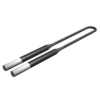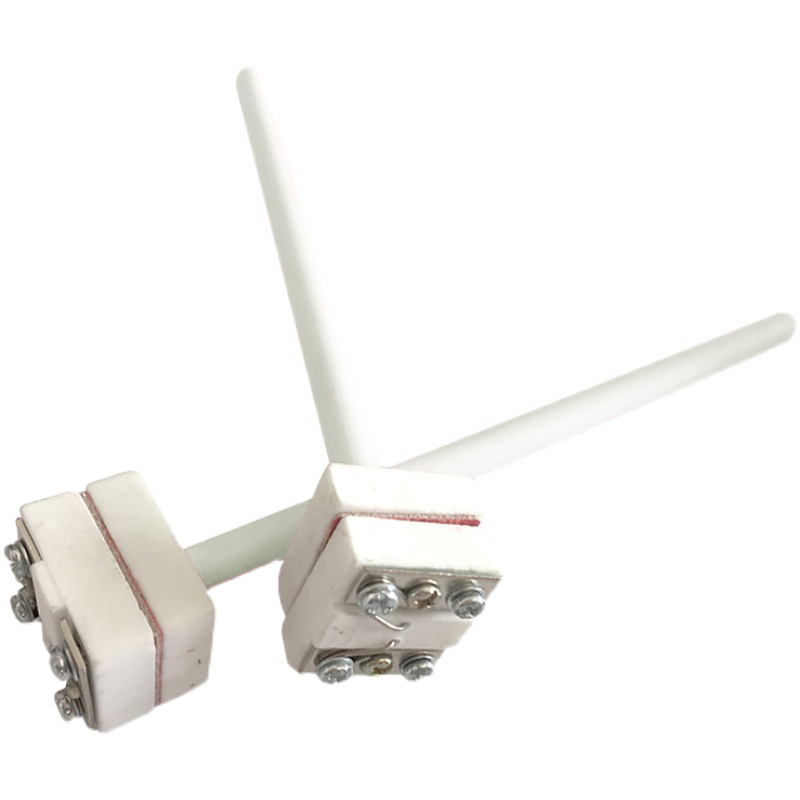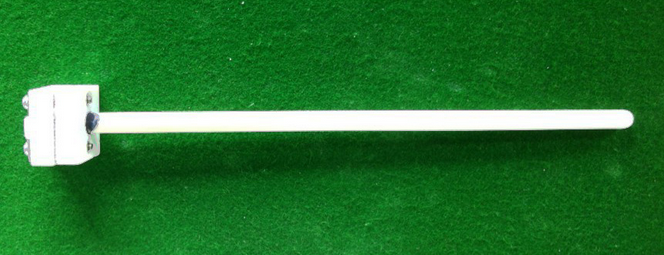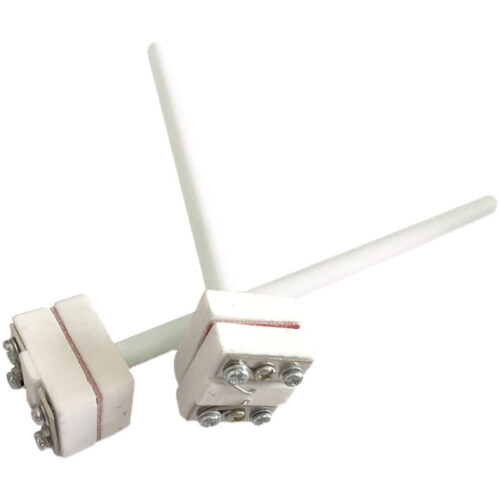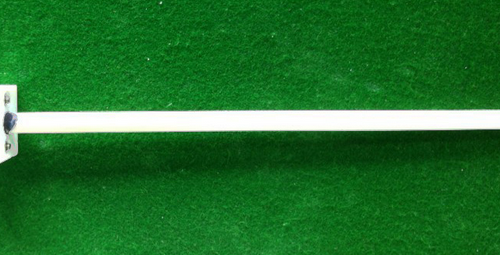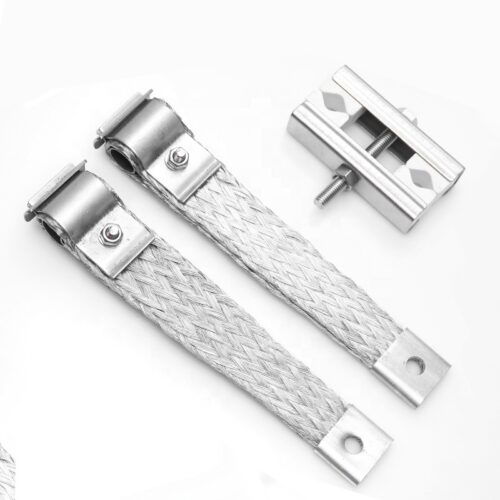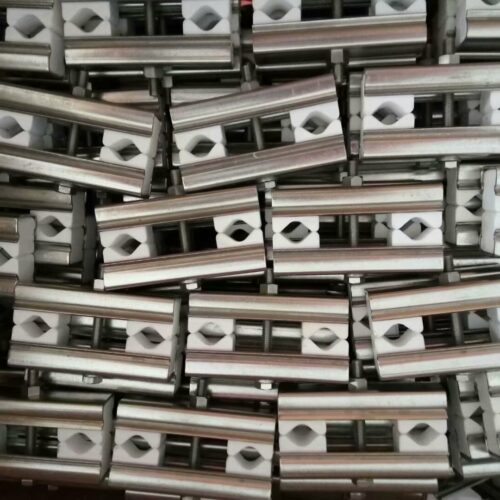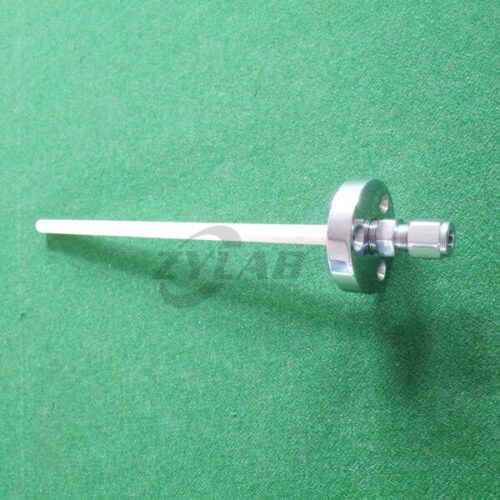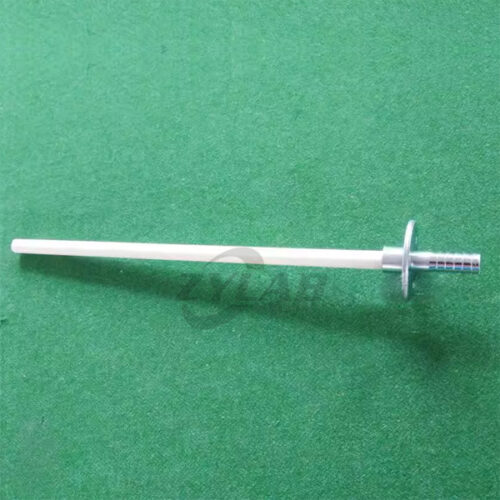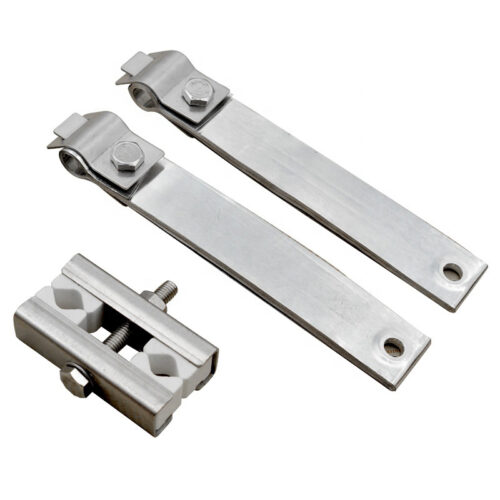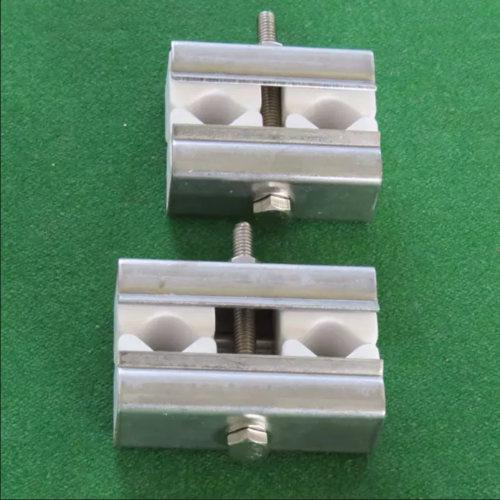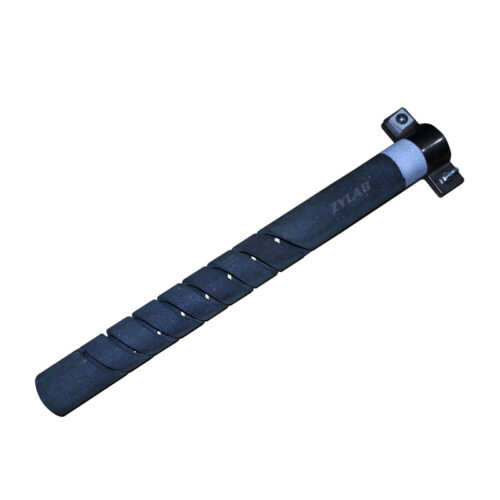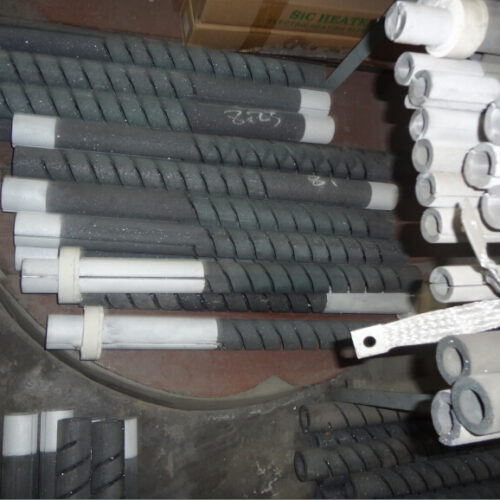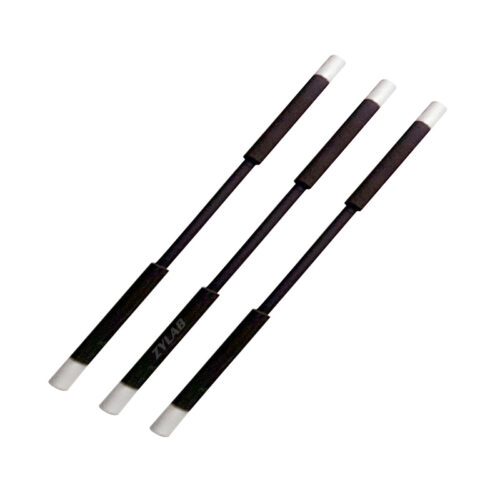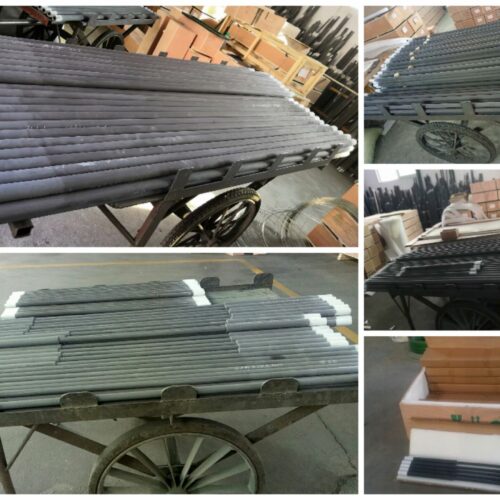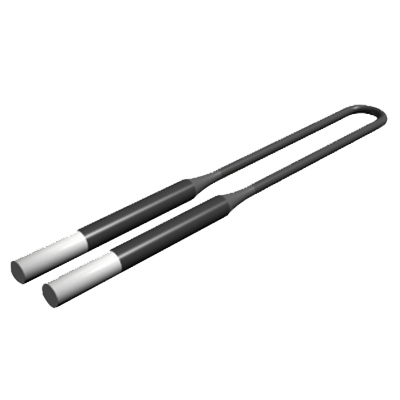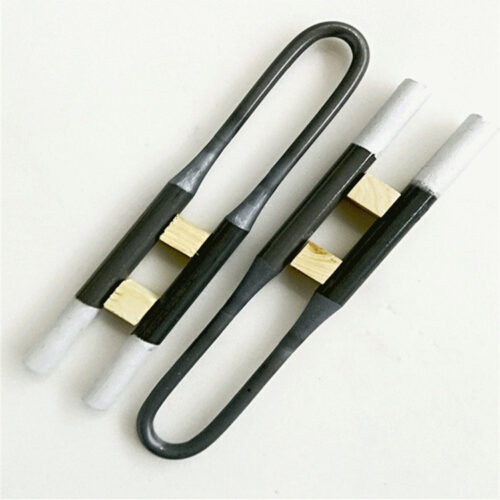Thermocouple
Introduction
Thermocouple is a device used to measure temperature. It consists of two different types of metal wires, usually joined together at one end, forming a junction. When there is a temperature difference between the junction and the other ends of the wires (known as the reference or cold junction), a voltage is generated.
The voltage generated by the thermocouple is proportional to the temperature difference. By measuring this voltage, the temperature at the hot junction can be determined. Thermocouples are widely used in various industries and applications due to their simplicity, durability, and wide temperature range capabilities.
Different combinations of metals are used to create thermocouples, each with its own temperature range and sensitivity.
We supply the commonly types:
Type B:
Is a specific type of thermocouple that is designed to measure high temperatures, particularly in extreme environments. It is composed of two noble metal alloys: platinum (Pt) and rhodium (Rh). The positive leg of the thermocouple is made of a platinum-rhodium alloy with a composition of 30% platinum and 70% rhodium (known as Pt30Rh70), while the negative leg is made of pure platinum.
Type B thermocouples are capable of measuring temperatures ranging from 0 to 1800 degrees Celsius or 32 to 3272 degrees Fahrenheit. They are primarily used in high-temperature applications such as in the steel and metal industry, ceramic production, and certain laboratory settings.
Type S:
Similar to Type B thermocouples. It is composed of two noble metal alloys: platinum (Pt) and rhodium (Rh). The positive leg of the thermocouple is made of a platinum-rhodium alloy with a composition of 10% platinum and 90% rhodium (known as Pt10Rh90), while the negative leg is made of pure platinum.
Type S thermocouples are known for their excellent accuracy and stability, making them suitable for precise temperature measurements in extreme environments. They can measure temperatures ranging from 0 to 1600 degrees Celsius or 32 to 2912 degrees Fahrenheit.
Type K:
Made of chromel (nickel-chromium alloy) and alumel (nickel-aluminum alloy), type K thermocouples are commonly used because they have a wide temperature range (-200 to +1372 degrees Celsius or -328 to +2502 degrees Fahrenheit).
Applications:
Thermocouples are widely used in scientific research and laboratory settings for precise temperature measurements. They are employed in experiments, environmental chambers, incubators, ovens, and various analytical instruments to monitor and control temperature conditions.

